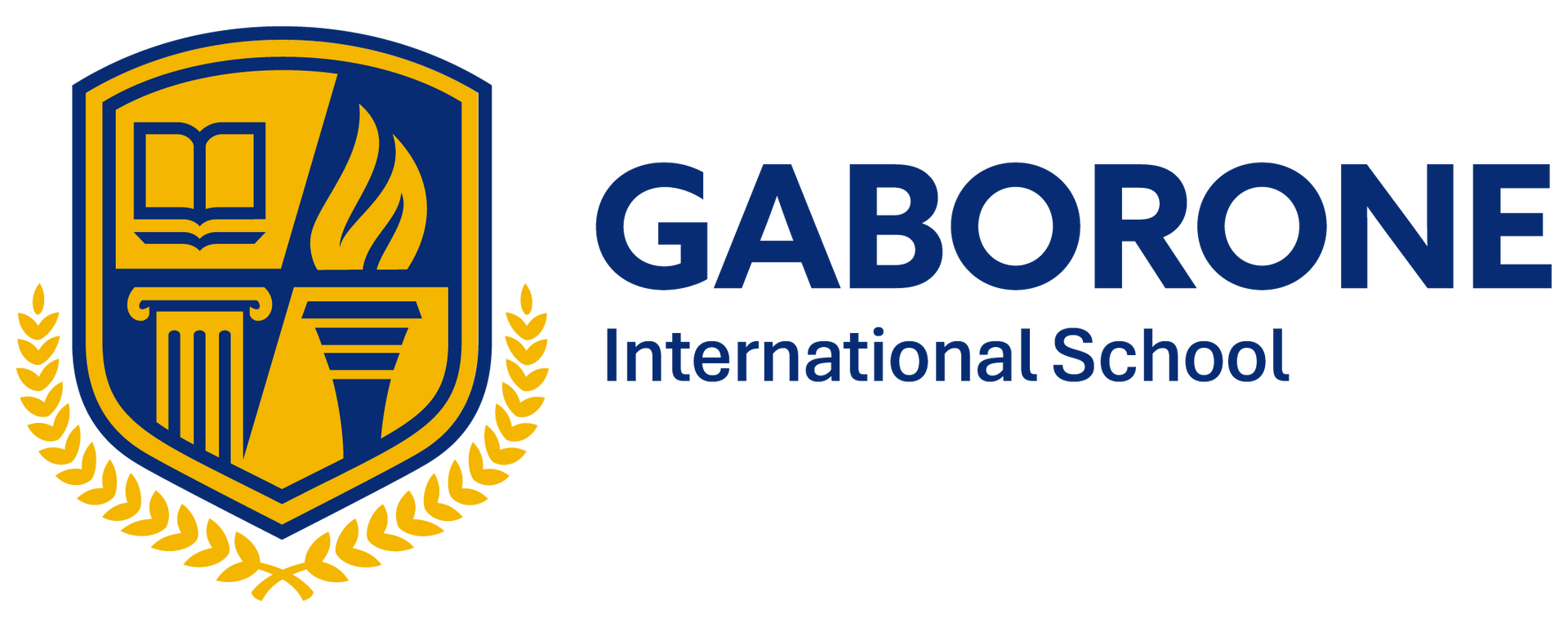HOLIDAY ACTIVITIES TO BEAT BOREDOM
Here are some tips to keep your child’s mind active during the holidays
As the school holidays approach, it’s essential to continue providing support for children’s education and mental well-being beyond the classroom. Gaborone International School (GIS) recognizes the importance of investing in children’s development, and we are committed to providing them with opportunities to continue learning and growing even during the holidays.
1. Limit Screen Time
Although it may be tempting to let your kids watch TV for hours on end, it’s essential to limit screen time during the holidays. Watching TV does not allow the brain to rest properly, which can lead to fatigue and irritability. Instead, try creative activities such as house chores, painting, flashbacks to term work, building block games, or family debates on topical age-friendly subjects. This way, your children will stay engaged, and their brains will get the rest they need.
2. Get Creative with activities
During the holidays, it is easy to overspend on activities. However, being proactive and creative with activities can help prevent overspending. You can explore local museums, parks, shopping centers, and community gardens that often offer kid-friendly activities, which are usually free. At GIS, we encourage a family holiday rule that promotes at least one family activity each day. This way, everyone can get involved and create lasting memories.
3. Make Reading a Part of Their Routine
Reading is an excellent way to keep your children learning during the holidays. It continues the development of their language and literacy skills, inspires their imagination, and increases their exposure to a more sophisticated vocabulary. Encourage your children to read books that interest them and offer to read with them. This way, you can bond with your children while also improving their reading skills.
4. Volunteering Opportunities
If your child wants to make a positive impact in their community, volunteering is the right way to go about it. These programs are designed to help children develop their leadership skills, build their confidence, and give back to their community. Opportunities include volunteering at local charities, assisting with environmental clean-up projects, and tutoring younger students. By participating in volunteering activities, your child can make a difference while also learning valuable skills.
5. Summer Camp
Summer camp is the perfect choice for an immersive holiday experience. Children get the chance to spend a week in a beautiful, natural environment, surrounded by like-minded peers. Activities include hiking, camping, and team-building exercises. Students will develop their leadership skills, learn to work as part of a team, and build lasting friendships. This camp is an excellent opportunity for your child to step out of their comfort zone and explore new interests.
6. Create a Digitally Free Environment
It is important to limit the amount of time your children spend on their devices and find new and compelling activities to keep them entertained. Encourage exploration of the natural environment and imaginative play. Joining sports programs also provides an opportunity for kids to continue participating in athletics in the off-season and encourages self-confidence. This way, your children will stay active, and their minds will stay engaged.
Let us work together to maintain healthy routines, keep reasonable bedtimes, and eat healthy foods. If your children are feeling worried or missing their friends, talk about it and come up with an action plan. Plan together and schedule in some quiet times. Holidays are precious, so let us maximize them by looking for the joy life has to offer!
At GIS, we believe that children should have access to opportunities that help them grow and develop, both inside and outside the classroom. We hope that these tips will help you keep your children engaged and active during the holidays. Together, let’s continue to invest in our children’s future and help them reach their full potential.




